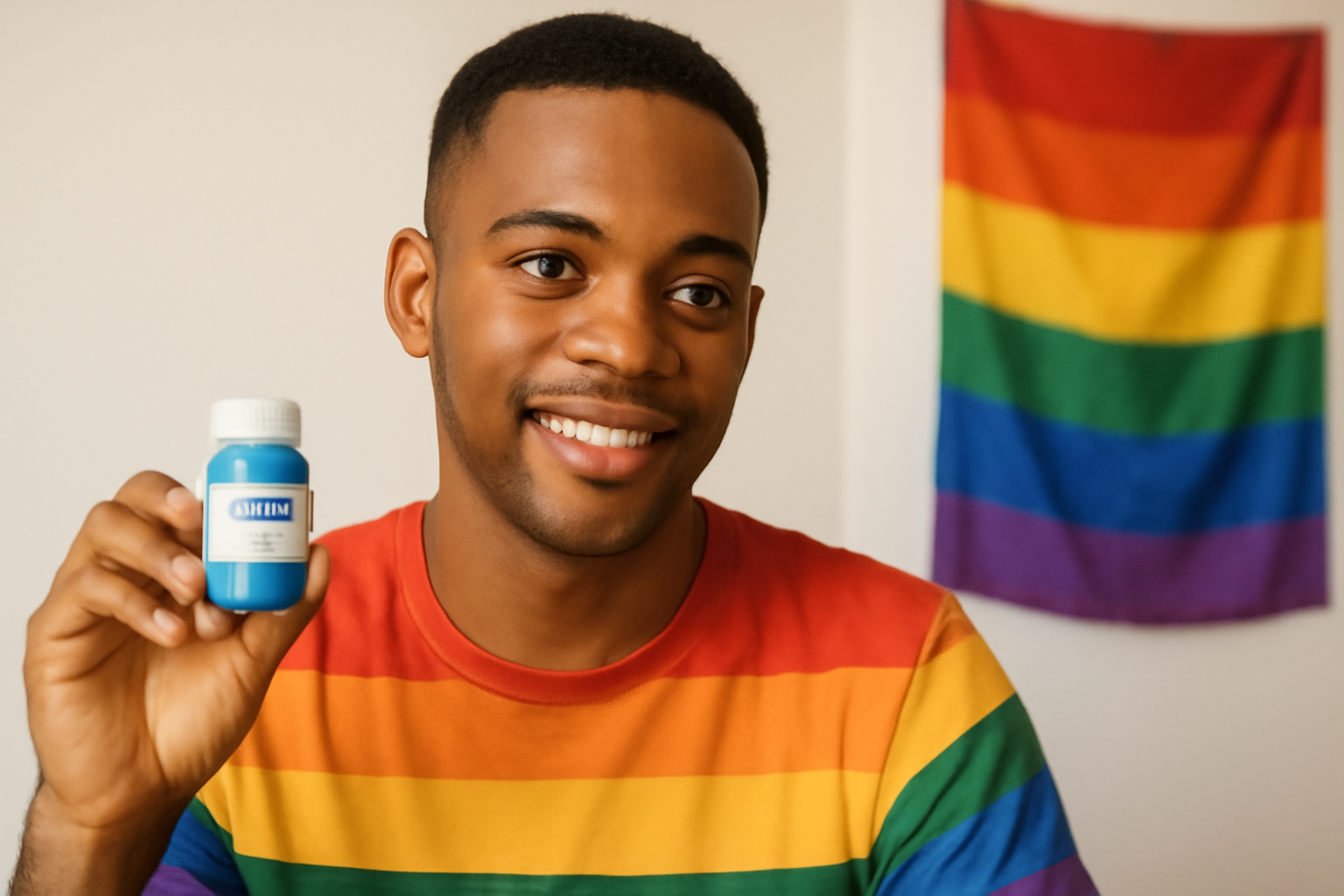
In recent developments, access to essential HIV prevention medications for vulnerable LGBTQ+ communities around the world has been severely impacted by policy changes implemented by the U.S. administration. These changes have significant implications for global public health efforts aimed at reducing HIV transmission rates, particularly within marginalized groups who are already at a higher risk.
Background on HIV Prevention Efforts
For decades, the global fight against HIV/AIDS has included the dissemination of prevention medications known as pre-exposure prophylaxis (PrEP). PrEP is a highly effective method that reduces the risk of HIV infection in individuals who are HIV-negative but at high risk of contracting the virus. The World Health Organization and other international health bodies have endorsed its use, especially among key populations such as men who have sex with men, transgender individuals, and sex workers.
Ensuring widespread access to PrEP has been a cornerstone of many countries' HIV prevention strategies, supported by various international funding sources. The U.S. has historically been a major contributor to global HIV prevention and treatment efforts through initiatives like PEPFAR (the President’s Emergency Plan for AIDS Relief).
Policy Changes and Their Impact
However, recent policy shifts have resulted in reduced funding and logistical support for these programs. The reallocation of funds and restructuring of aid priorities have led to a decrease in the availability of PrEP, especially in low-income countries that heavily rely on international assistance to maintain their public health programs.
These changes have sparked concern among healthcare providers and advocacy groups who fear that the progress made in preventing HIV transmission could be undone. Vulnerable populations, particularly within LGBTQ+ communities, are at risk of losing access to these life-saving medications, which could lead to an increase in HIV incidence.
Voices from the Ground
Healthcare practitioners and activists on the ground have voiced their alarm over these developments. Dr. Sarah Johnson, a physician working with an NGO in sub-Saharan Africa, explained, "We have seen firsthand how effective PrEP can be in preventing new HIV cases. Our patients rely on it not just for protection, but for peace of mind. The reduction in available resources is deeply concerning."
Similarly, activists within the LGBTQ+ community have highlighted the disproportionate impact of these changes. Many argue that these policy shifts further marginalize groups that are already vulnerable to healthcare disparities.
Lucas Tran, an advocate for LGBTQ+ rights, stated, "The decision to cut back on funding for HIV prevention programs is a step backwards in the fight against HIV/AIDS. It sends a message that the health and rights of LGBTQ+ individuals are not a priority."
Calls to Action
In response to these changes, many international organizations and advocacy groups are calling for renewed commitments to ensure that lifesaving medications remain accessible. They emphasize the importance of international cooperation and sustained funding to continue progress in global health initiatives.
Experts are urging governments and private sectors to step up and fill the gaps left by the reduction in U.S. support. The emphasis is on maintaining the availability and affordability of PrEP, as well as other prevention and treatment options.
The importance of inclusive policies that prioritize the needs of marginalized populations cannot be understated. There is a pressing need for collaborative efforts that address the specific challenges faced by LGBTQ+ communities worldwide.
Conclusion
As the global community continues to grapple with these challenges, it is crucial to remember the fundamental goal of reducing HIV transmission and supporting the health and well-being of all individuals, regardless of their sexual orientation or gender identity. In the face of policy changes, advocacy and action at both local and international levels remain vital to safeguarding the progress made in the fight against HIV/AIDS.
Related Posts
Triumphant Trans Woman Wins Legal Battle and Inspires Others to Stand Up for Their Rights
Breaking new ground: a landmark victory in transgender rights After battling in courtrooms and enduring endless challenges, Diana Portillo, a transgender woman, has secured a monumental victory in her decade-long fight against workplace discrimination. The result? Nearly $1 million awarded in a historic settlement. But this isn't just a win on paper—it represents a powerful precedent in combati [...]
Pride Month in Latin America: Protests and Demands for Equality
**Celebrating Pride and advocating LGBTQ+ rights in Latin America** Pride Month in Latin America was a lively mix where celebration met activism. Communities united, not just throwing a party but making a stand—demanding equality and pushing governments toward better protection and rights recognition. Throughout Latin America, pride events erupted in marches and cultural displays, each with a c [...]
Transgender Erasure Actions Implemented by National Park Service
```html Trump administration's impact on national park service and transgender recognition The Trump administration made notable moves in undermining transgender representation, which included directing agencies like National Park Service not include "T" and "Q" when they refered “LGBTQ” in any official communication. This move seems part a broader plan by this administration aimed at reducin [...]